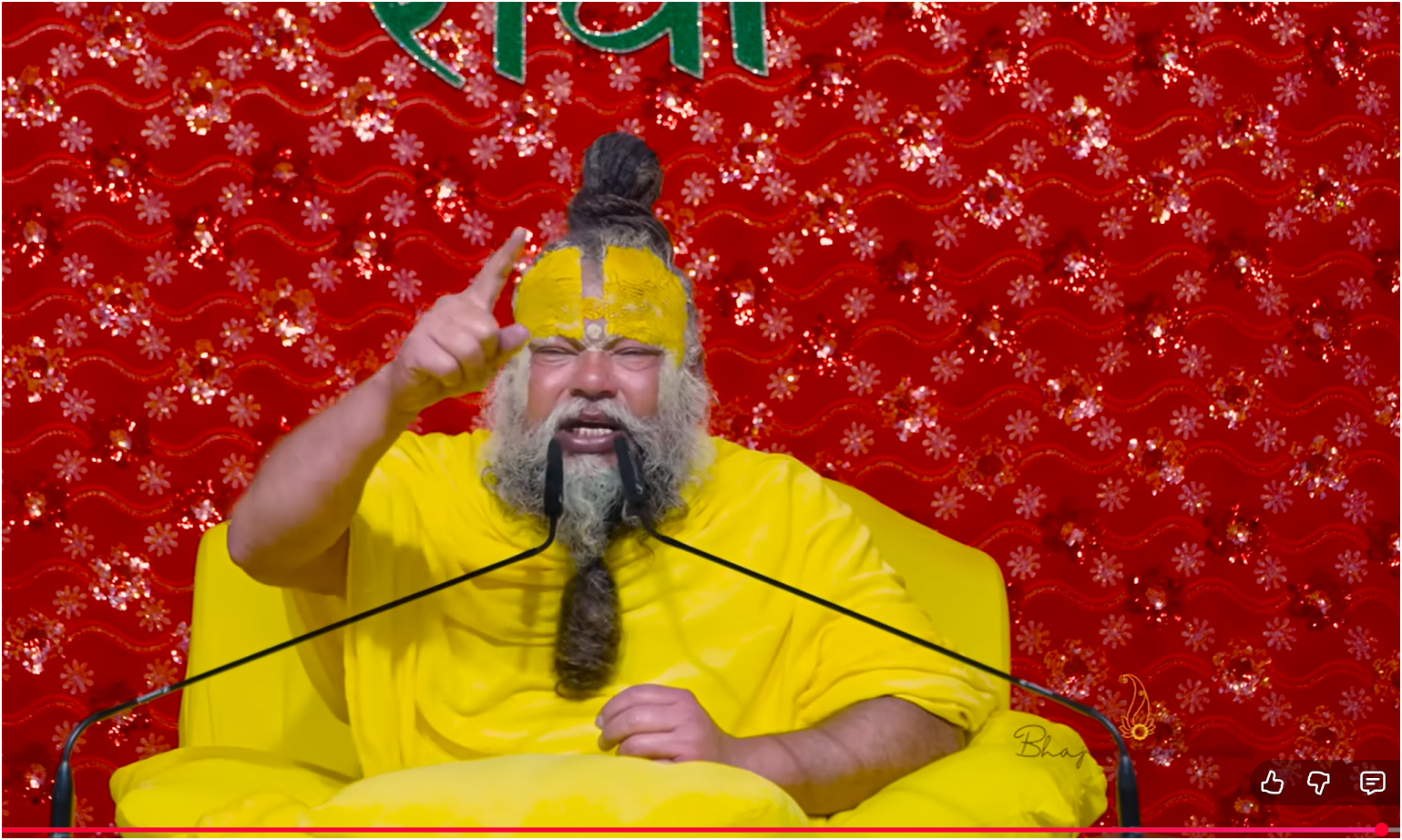
Hindi: #दाखिलखारिज #म्युटेशन #भूमिकाम्युटेशन #प्रॉपर्टीरजिस्ट्री #भूमिकानून #उत्तरप्रदेशEnglish: #MutationOfProperty #DakhilKharij #LandMutation #PropertyRegistry #PropertyLaw #UttarPradesh
हिंदी आर्टिकल: म्युटेशन ऑफ प्रॉपर्टी (दाखिल-खारिज) क्या है? पूरी जानकारी
प्रस्तावना
भारत में ज़मीन या प्रॉपर्टी खरीदना एक बड़ा निवेश है। लेकिन केवल रजिस्ट्री करवा लेने से ही आप कानूनी रूप से मालिक नहीं बन जाते। असली मालिकाना हक़ और सरकारी रिकॉर्ड में नाम दर्ज करवाने के लिए ‘म्युटेशन’ या ‘दाखिल-खारिज’ की प्रक्रिया पूरी करनी होती है। यह लेख आपको म्युटेशन, दाखिल-खारिज, प्रक्रिया, दस्तावेज़, महत्व और इससे जुड़े कानूनी पहलुओं की पूरी जानकारी देगा।
म्युटेशन (दाखिल-खारिज) क्या है?
म्युटेशन या दाखिल-खारिज वह प्रक्रिया है जिसमें ज़मीन या प्रॉपर्टी के सरकारी रिकॉर्ड में नए मालिक का नाम दर्ज किया जाता है। जब भी कोई प्रॉपर्टी खरीदी, बेची, विरासत में मिली या गिफ्ट की जाती है, तो म्युटेशन कराना अनिवार्य है। इससे सरकारी रिकॉर्ड में नया मालिक दर्ज हो जाता है और भविष्य में टैक्स, बिजली, पानी आदि के बिल उसी के नाम पर आते हैं।
रजिस्ट्री और म्युटेशन में अंतर
रजिस्ट्री: प्रॉपर्टी के ट्रांसफर का कानूनी दस्तावेज़, जिससे मालिकाना हक़ मिलता है।
म्युटेशन: सरकारी रिकॉर्ड (राजस्व विभाग) में नाम बदलवाने की प्रक्रिया, जिससे टैक्स और अन्य अधिकार मिलते हैं।रजिस्ट्री के बाद भी जब तक म्युटेशन नहीं होता, सरकारी रिकॉर्ड में पुराने मालिक का नाम ही रहता है।
दाखिल-खारिज क्यों जरूरी है?
-
कानूनी मान्यता: म्युटेशन के बिना सरकारी रिकॉर्ड में मालिकाना हक़ नहीं मिलता।
-
टैक्स भुगतान: प्रॉपर्टी टैक्स, जलकर, हाउस टैक्स आदि नए मालिक के नाम पर तभी आएंगे जब म्युटेशन हो।
-
भविष्य के विवाद: म्युटेशन न होने पर भविष्य में मालिकाना विवाद, सरकारी मुआवज़ा या लोन में दिक्कत आ सकती है।
-
प्रॉपर्टी ट्रांजैक्शन: आगे चलकर प्रॉपर्टी बेचना, गिफ्ट करना या विरासत में देना आसान होता है।
दाखिल-खारिज के प्रकार
-
खरीद-फरोख्त के बाद: जब प्रॉपर्टी खरीदी या बेची जाती है।
-
विरासत/उत्तराधिकार: मालिक की मृत्यु के बाद वारिसों के नाम पर।
-
गिफ्ट/दान: प्रॉपर्टी गिफ्ट या दान में देने पर।
-
विभाजन: परिवार में प्रॉपर्टी के बंटवारे के बाद।
दाखिल-खारिज की प्रक्रिया
-
आवेदन: संबंधित नगर निगम/राजस्व विभाग/तहसील में आवेदन करें।
-
दस्तावेज़:
-
रजिस्ट्री/सेल डीड
-
पहचान पत्र (आधार, वोटर आईडी)
-
पता प्रमाण (बिजली बिल, पानी बिल)
-
प्रॉपर्टी टैक्स रसीद
-
मृत्यु प्रमाण पत्र (उत्तराधिकार के मामले में)
-
उत्तराधिकार प्रमाण पत्र/सक्सेशन सर्टिफिकेट
-
शपथ पत्र (अगर आवश्यक हो)
-
-
फीस: राज्य के अनुसार मामूली फीस जमा करें।
-
जांच: राजस्व अधिकारी दस्तावेज़ों की जांच करता है, आपत्ति होने पर नोटिस जारी करता है।
-
ऑर्डर: सब सही होने पर म्युटेशन ऑर्डर जारी होता है और रिकॉर्ड अपडेट हो जाता है।
ऑनलाइन दाखिल-खारिज
अब कई राज्यों में ऑनलाइन म्युटेशन की सुविधा है।
-
राज्य की राजस्व विभाग वेबसाइट पर जाएं
-
आवेदन फॉर्म भरें, दस्तावेज़ अपलोड करें
-
फीस ऑनलाइन जमा करें
-
स्टेटस ऑनलाइन ट्रैक करें
दाखिल-खारिज न कराने के नुकसान
-
सरकारी रिकॉर्ड में नाम न होने से मुआवज़ा, लोन, सब्सिडी आदि नहीं मिलती
-
भविष्य में मालिकाना विवाद
-
टैक्स, बिल आदि पुराने मालिक के नाम पर आते रहते हैं
-
प्रॉपर्टी बेचने या ट्रांसफर करने में दिक्कत
कानूनी पहलू
-
म्युटेशन से मालिकाना हक़ का प्रमाण मिलता है, लेकिन यह अंतिम प्रमाण नहीं है।
-
कोर्ट में विवाद होने पर रजिस्ट्री और अन्य दस्तावेज़ भी देखे जाते हैं।
-
सुप्रीम कोर्ट के अनुसार, म्युटेशन रिकॉर्ड प्रशासनिक उद्देश्य के लिए है, लेकिन यह मालिकाना हक़ के दावे को मजबूत करता है।
उत्तर प्रदेश में दाखिल-खारिज
उत्तर प्रदेश में दाखिल-खारिज के लिए ऑनलाइन और ऑफलाइन दोनों विकल्प उपलब्ध हैं।
-
आवेदन तहसील/नगर निगम में करें
-
सभी दस्तावेज़ संलग्न करें
-
जांच के बाद नाम दर्ज हो जाता है
दाखिल-खारिज के लिए जरूरी दस्तावेज़
-
रजिस्ट्री/सेल डीड
-
पहचान पत्र
-
पता प्रमाण
-
प्रॉपर्टी टैक्स रसीद
-
मृत्यु प्रमाण पत्र (उत्तराधिकार के लिए)
-
उत्तराधिकार प्रमाण पत्र
-
शपथ पत्र
निष्कर्ष
दाखिल-खारिज या म्युटेशन प्रॉपर्टी के मालिकाना हक़ को सरकारी रिकॉर्ड में दर्ज कराने की अनिवार्य प्रक्रिया है। इससे भविष्य में कानूनी, वित्तीय और प्रशासनिक समस्याओं से बचा जा सकता है। हर प्रॉपर्टी ट्रांजैक्शन के बाद म्युटेशन जरूर कराएं।
English Article: Mutation of Property (Dakhil Kharij) – Complete Guide
Introduction
Buying property in India is a significant investment, but simply registering the property does not make you the legal owner in government records. To establish your name as the owner in official land records, you must complete the process of ‘Mutation’ or ‘Dakhil Kharij’. This article provides a comprehensive guide to mutation, its importance, process, required documents, and legal aspects.
What is Mutation (Dakhil Kharij)?
Mutation or Dakhil Kharij is the process of updating government land records to reflect the new owner’s name after a property transaction. Whether the property is bought, sold, inherited, or gifted, mutation is mandatory. It ensures that the new owner is recorded in government records and receives property tax, utility bills, and other official communications.
Difference Between Registration and Mutation
Registration: Legal document (sale deed) that transfers ownership rights.
Mutation: Administrative process to update the new owner’s name in revenue records for tax and utility purposes.Even after registration, the previous owner’s name remains in government records until mutation is completed.
Why is Mutation Important?
-
Legal Recognition: Mutation is essential for legal recognition of ownership in government records.
-
Tax Payment: Property tax, water, and electricity bills are issued in the new owner’s name only after mutation.
-
Avoiding Disputes: Mutation helps prevent future ownership disputes, issues with government compensation, or loan approvals.
-
Ease of Future Transactions: Selling, gifting, or inheriting property becomes easier with updated records.
Types of Mutation
-
Sale/Purchase Mutation: After buying or selling property.
-
Inheritance Mutation: After the owner’s death, for legal heirs.
-
Gift/Donation Mutation: When property is gifted or donated.
-
Partition Mutation: After division of property among family members.
Mutation Process
-
Application: Submit an application to the local municipal/revenue office or tehsil.
-
Documents Required:
-
Sale deed/registry
-
Identity proof (Aadhaar, Voter ID)
-
Address proof (utility bills)
-
Property tax receipt
-
Death certificate (for inheritance)
-
Succession certificate
-
Affidavit (if required)
-
-
Fee Payment: Pay the nominal fee as per state rules.
-
Verification: Revenue officer verifies documents and issues public notice for objections.
-
Order Issuance: If all is clear, a mutation order is issued and records are updated.
Online Mutation
Many states now offer online mutation services:
-
Visit the state revenue department website
-
Fill the application form and upload documents
-
Pay the fee online
-
Track application status online
Consequences of Not Completing Mutation
-
No government compensation, loan, or subsidy without your name in records
-
Future ownership disputes
-
Bills and taxes continue in the previous owner’s name
-
Difficulty in selling or transferring property
Legal Aspects
-
Mutation is proof of ownership in government records but not the final legal proof.
-
Courts consider sale deed and other documents in case of disputes.
-
The Supreme Court has clarified that mutation is for administrative purposes but strengthens ownership claims.
Mutation in Uttar Pradesh
Both online and offline options are available in Uttar Pradesh:
-
Apply at tehsil/municipal office
-
Attach all required documents
-
Name is updated after verification
Documents Required for Mutation
-
Sale deed/registry
-
Identity proof
-
Address proof
-
Property tax receipt
-
Death certificate (for inheritance)
-
Succession certificate
-
Affidavit
Conclusion
Mutation or Dakhil Kharij is a mandatory process to record property ownership in government records. It helps avoid legal, financial, and administrative issues in the future. Always complete mutation after every property transaction for a hassle-free experience.









